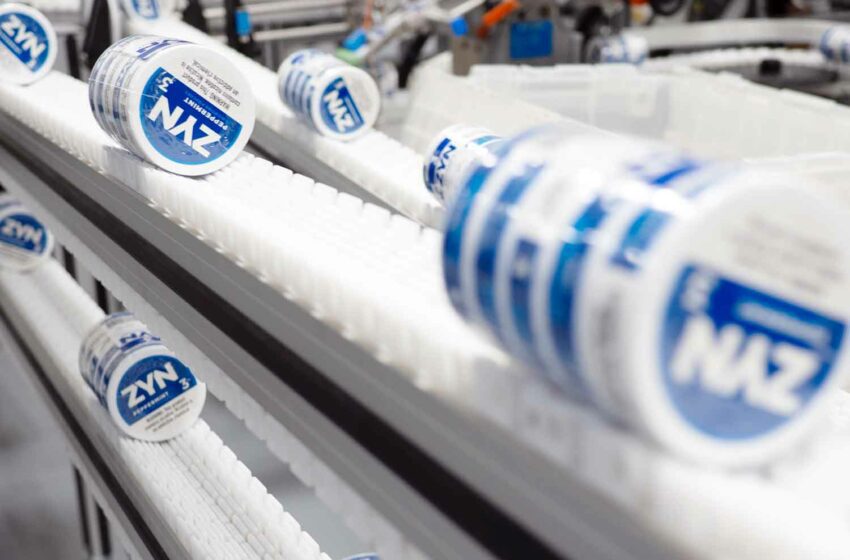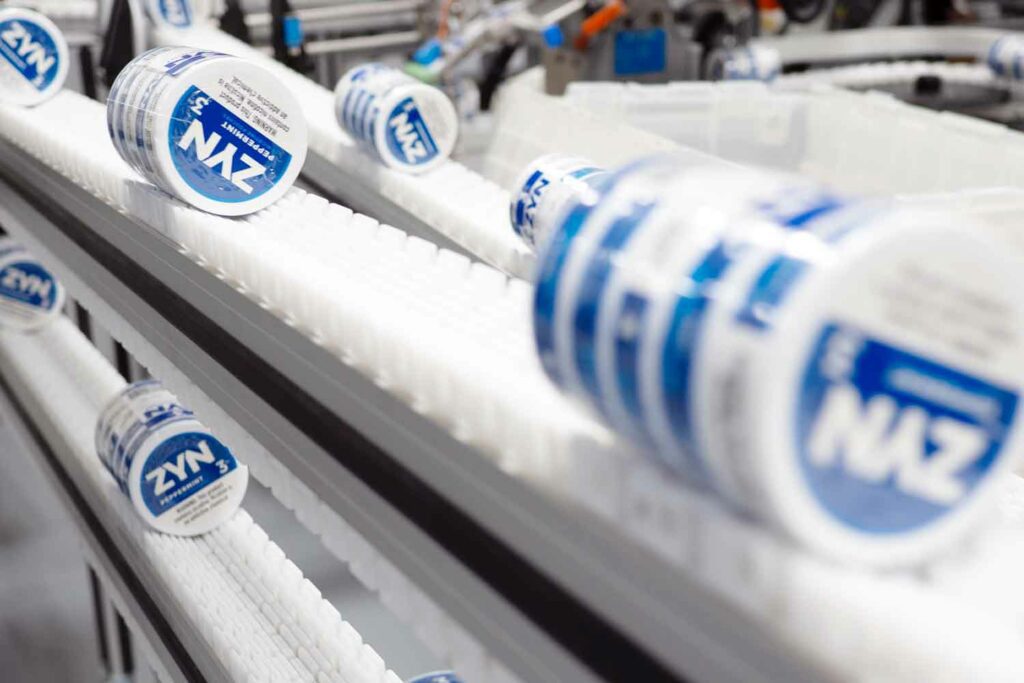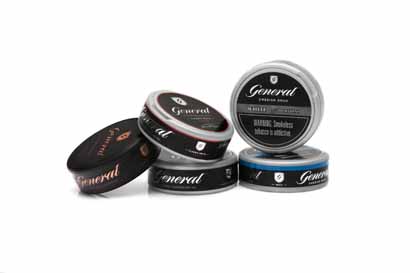
Philip Morris International’s subsidiary Swedish Match North America (SMNA) will pay $1.2 million to settle an investigation into violations of Washington D.C.’s flavored tobacco ban.
The District of Columbia attorney general’s office said it had found evidence that SMNA facilitated online sales of “tens of thousands” of flavored Zyn nicotine pouches to D.C. consumers between October 1, 2022, when the ban was enacted, and June 30, 2024.
PMI, which acquired a 90% stake in Swedish Match for $16 billion in November 2022, must now monitor its distributor’s compliance with D.C.’s ban quarterly and stop sales of flavored Zyn pouches through Zyn.com and related e-commerce platforms, the AG’s office said on Friday.
Nicotine pouches became the second most commonly used tobacco product in the U.S., according to a report by the Centers for Disease Control and Prevention.
The tobacco giant suspended sales on Zyn.com after it had been issued a subpoena by the D.C. attorney general earlier this year, according to Reuters reports.
Swedish Match would continue to focus on its brick-and-mortar stores, PMI said in an emailed statement. Sales of Zyn, which PMI says does not contain tobacco, have surged, growing 41.1% in PMI’s most recent quarterly results.
The company, which has been looking to move beyond traditional cigarettes, has also expanded production to counter Zyn supply shortages in the U.S. amid a budding black market for nicotine pouches.








